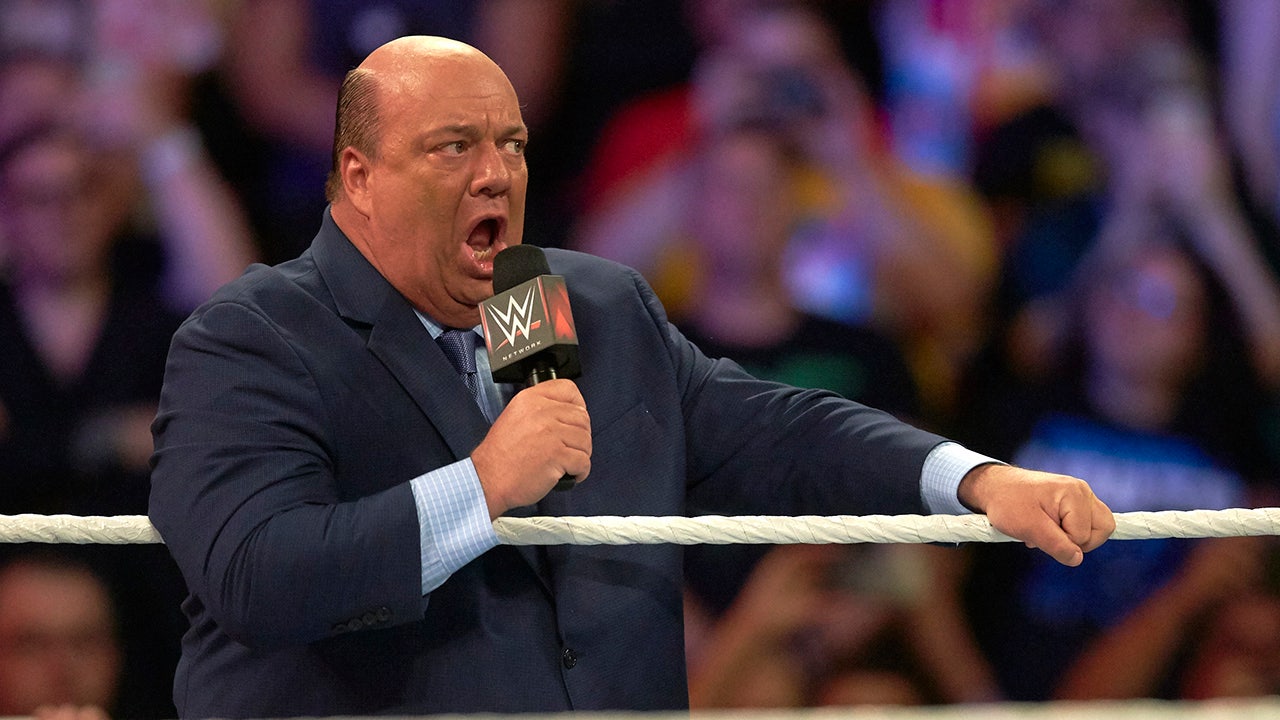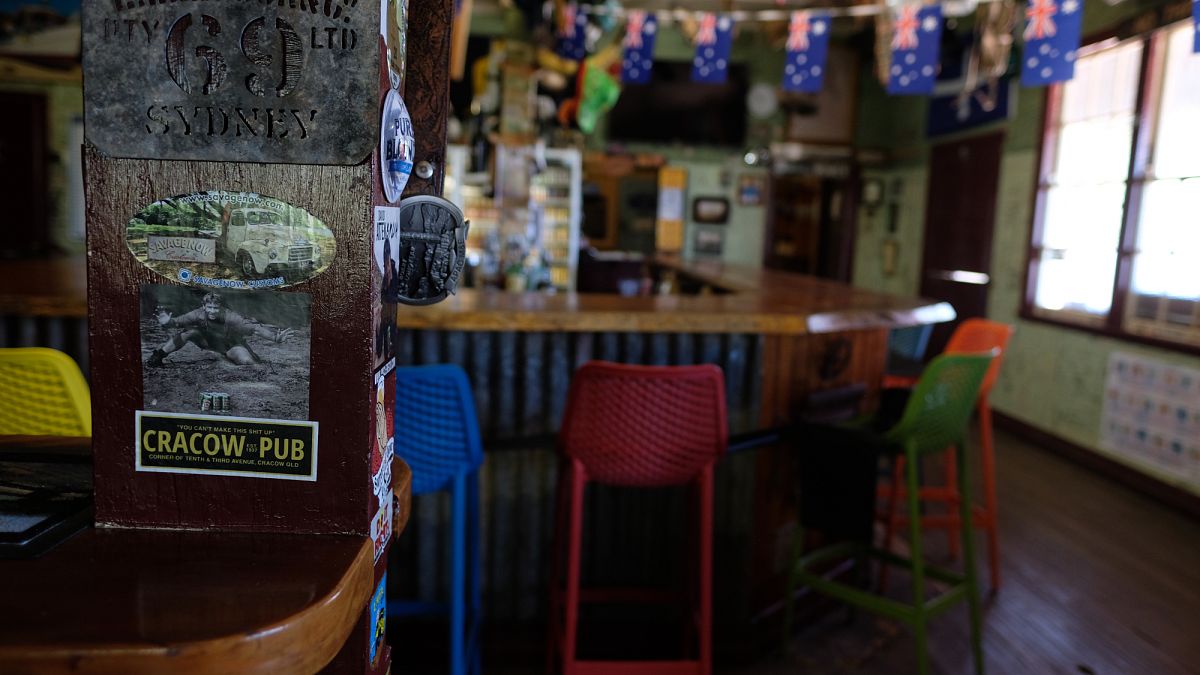Not all roads lead to Cracow. In fact, getting to this town in the heart of the Outback requires careful preparation.
Halfway there, the GPS signal disappears. And, as there are no petrol stations along the route, you need to bring an adequate supply of fuel if you don’t want to get stuck in the middle of nowhere.
Cracow, however, rewards the traveller’s effort. After a long, pothole-laden journey, you finally see a town that — although it does not resemble Kraków, the better-known Polish city — has its own subtly charming, albeit austere, character.
The town’s ties to Poland remain unclear.
Some say that the founder of the first settlement in the area had a Polish wife and was moved by her compatriots’ struggle for freedom in the 19th century.
But others believe that the name comes from the rustling of dry branches (or crack), which are abundant in this harsh climate.
Either way, what is beyond doubt is that this place has long attracted people with an explorer’s spirit and a desire for something more than an ordinary life.
Cracow was one of the last towns to emerge during the gold rush of the 1930s. At its peak, it had a bustling population of around 10,000 people, and almost 20,000 kg of gold was mined locally.
Eventually, its good fortune came to an end — the gold mine closed and Cracow turned into a ghost town.
The population dropped to around 50, and its centre was filled with rusty buildings no longer reminiscent of its past vibrancy.
Prominent among these dilapidated locales, however, is the Cracow Hotel and Pub, run by Stuart and Nikki Burke along with their two children, Brophy and Chilli.
Although the local gold mine has resumed operations after being deserted for years, the town is far from revived.
Euronews headed to Cracow to find out how a pub in the middle of nowhere works, and to tell the story of the people who have decided to breathe life into this forgotten place.
A magnet for adventurers
Cracow Pub and Hotel owner Stuart Burke is one of those rare free spirits willing to choose the Australian wilderness as his home.
Stuart was part of a troupe of tent boxers in his youth and participated in fights under the nickname “Kid Goanna”. He and other fighters travelled from town to town, offering a rare moment of entertainment for hard-working farmers and miners in the Australian Outback.
The Cracow Hotel had been in the hands of another boxer before — for many years it was owned by legendary boxer Fred Brophy, an icon of the Australian tent boxing scene.
It was with this troupe that Stuart Burke first came to town, and the Cracow pub is where he met his future wife, Nikki.
When Brophy announced that he was going to sell the property, the Burkes immediately decided to buy it — to ensure that the Cracow story continued.
“Twenty-three years later, we’re married, have two children and run the pub where we met,” says Stuart.
But life in the Australian wilderness is far from perfect. Parcels cannot be sent to Cracow, and the nearest shop is a 3.5-hour drive away. The Burkes do what they can, but at the height of the tourist season they have to travel this route up to once a week.
Stuart isn’t complaining, however: “We didn’t even have a road until 10 years ago.”
Despite the obvious challenges of living in Cracow, the family cannot imagine living anywhere else. They agree that Cracow is their home, and running the pub is their way of life. As Nikki recalls, since its founding in 1938, the pub has showed its “ability to survive” even through the worst of times.
‘You have to get lost’ in order to get to Cracow
Stuart stresses that there are two ways to get to Cracow. “You either have to be very meticulous to get to us or get very, very lost!”
The spiritual atmosphere and reputation of the last town of the gold rush era attracts a particular type of visitor.
“All types of people visit us, but especially vagabonds, travellers and even rock stars,” he says. The walls and ceilings of the pub, covered from top to bottom with visitors’ signatures, are an archive of all those who have managed to reach this remote place.
But Cracow values loyalty above all: the area’s permanent residents visit the pub regularly, and the staff know their orders by heart. It is a place to exchange good and bad news, overhear local gossip and complain about the weather.
The pub’s owners are particularly proud that they manage to attract customers despite not having the poker machines, so-called ‘pokies’, that are booming in popularity in the Australian Outback.
Gambling addiction is one of the country’s leading public health challenges. Australians lose more than $25bn (€13.9bn) each year on legal gambling, making them the world “leaders” in terms of per capita losses.
The Cracow Pub is resisting these trends by trying to build a local identity around other activities.
The owners recently became involved in organising a rally of Cracovians — both descendants of former miners and those whose ties to the town are purely emotional.
Residents also recognise the role played by the reopened mine. Although it has not contributed to significant population growth, it is sustaining the local community.
The Cracowians stubbornly refuse to let their town disappear from the map.
Is it haunted?
In recent years, the town has gained yet another face and one straight out of a horror film.
A film crew has moved into the abandoned hospital in Cracow, and the town has grown into a mecca for independent horror films.
Special effects creator and make-up artist Kadey Platt, who works as a bartender in the Cracow pub after hours, explains that although she ended up in the town by accident, she has now lived there for two years.
“I’m a city girl. I never imagined myself in a place like this,” she says.
Platt and her team were looking for a location for a horror film about a zombie kangaroo. The strangeness of the Cracow pub seemed ideal, and she later decided to stay on.
Along with her crew, she bought a nearby abandoned hospital and turned it into their command centre. As she recalls, “the quietness that Cracow offers is conducive to creativity. There are no distractions, instead you can find a kangaroo mum relaxing by the threshold”.
Platt emphasises that the contrast between the quiet town and the lively pub never ceases to amaze her. “These walls are full of history,” she says.
Small-town ghosts
The spirits of Cracow are particularly looked after by Brophy, the 20-year-old son of the pub’s owners, who was named after the legendary boxer through whom his parents met.
Together with his mum, Brophy has been researching unmarked graves in Cracow. Thanks to their efforts, they were able to restore the cemetery and commemorate the miners and locals buried there whose names are no longer remembered.
As he points out, although no one has found gold in Cracow on their own for years, the ground here hides other stories.
Brophy is interested in the fate of the indigenous inhabitants of the area — their culture, customs and tragic fates. He explores the traces of massacres perpetrated on Aboriginal people by white settlers in pursuit of gold. “It’s an unwritten chapter,” he says.
Just as we were about to leave Cracow, a car pulled up in front of the pub.
One of the locals came up to Brophy with a box full of old newspaper cuttings, found somewhere in an attic in Cracow. “I’ve got some new stories for you,” he said.
And so we saw with our own eyes how a pub in the Australian wilderness had become a custodian of the memory of a small town and its intricate history.
“That’s the way it is with Cracow,” says Stuart. “It may not be on the way, but you can’t stop coming back to it!”



